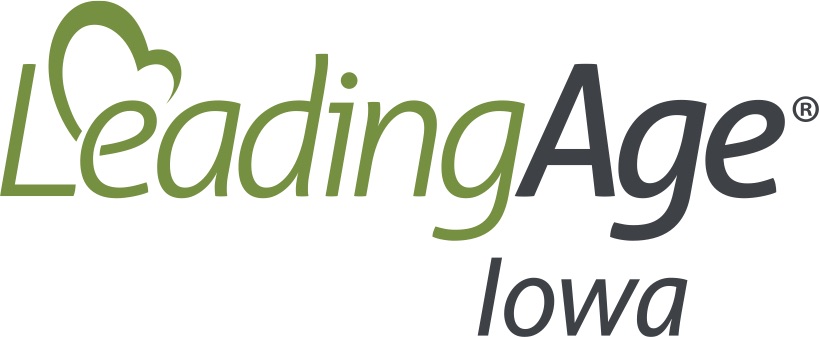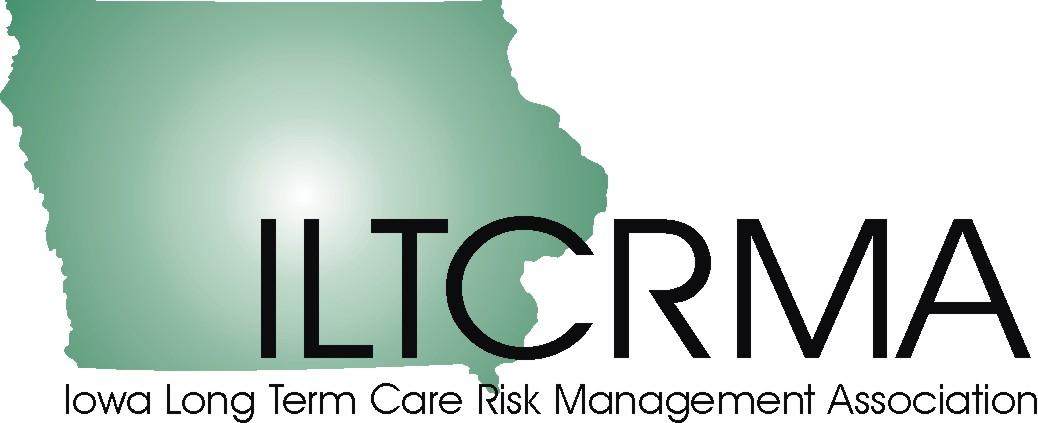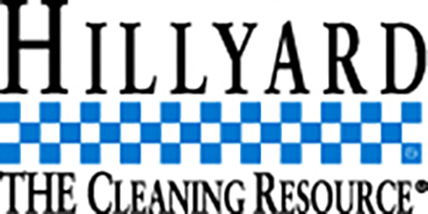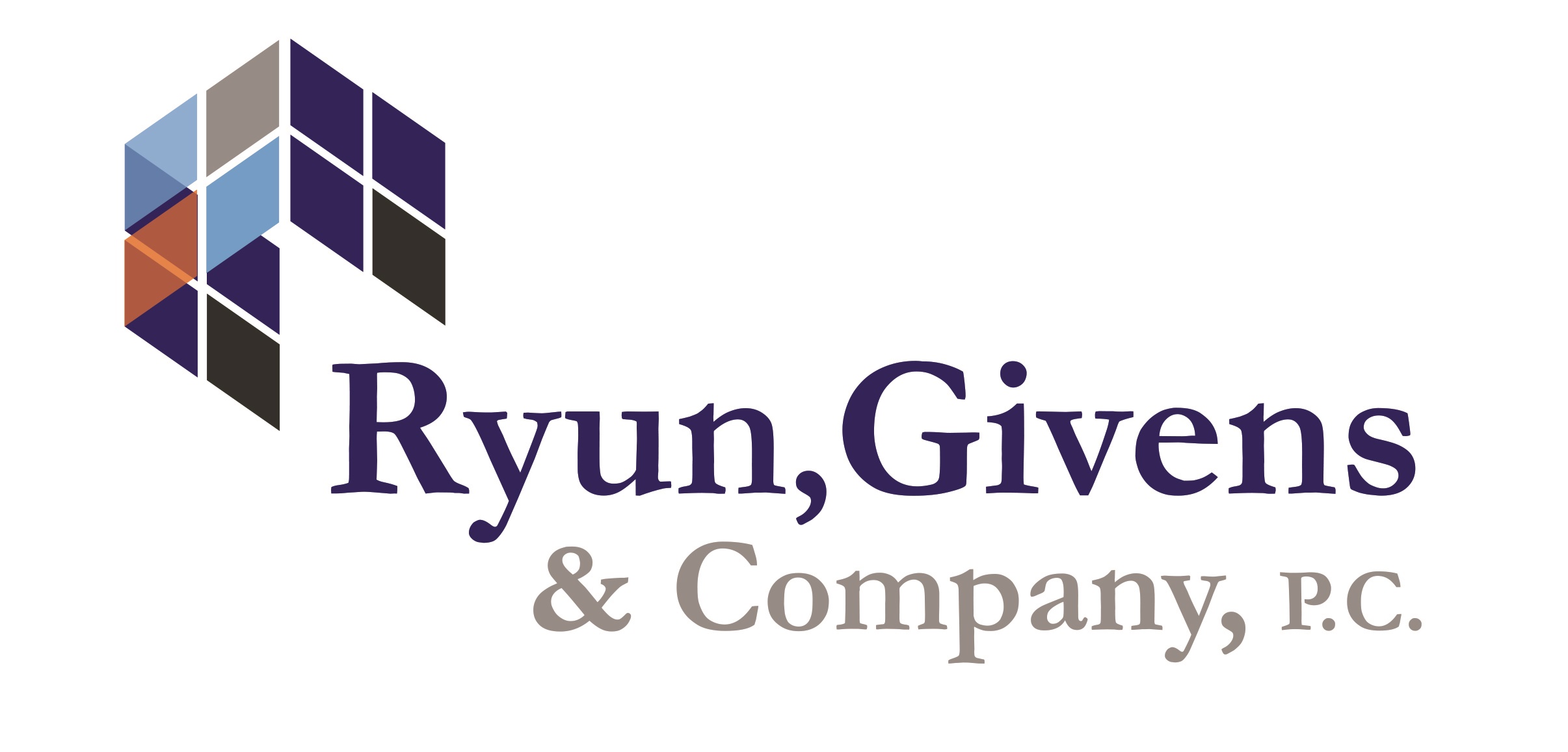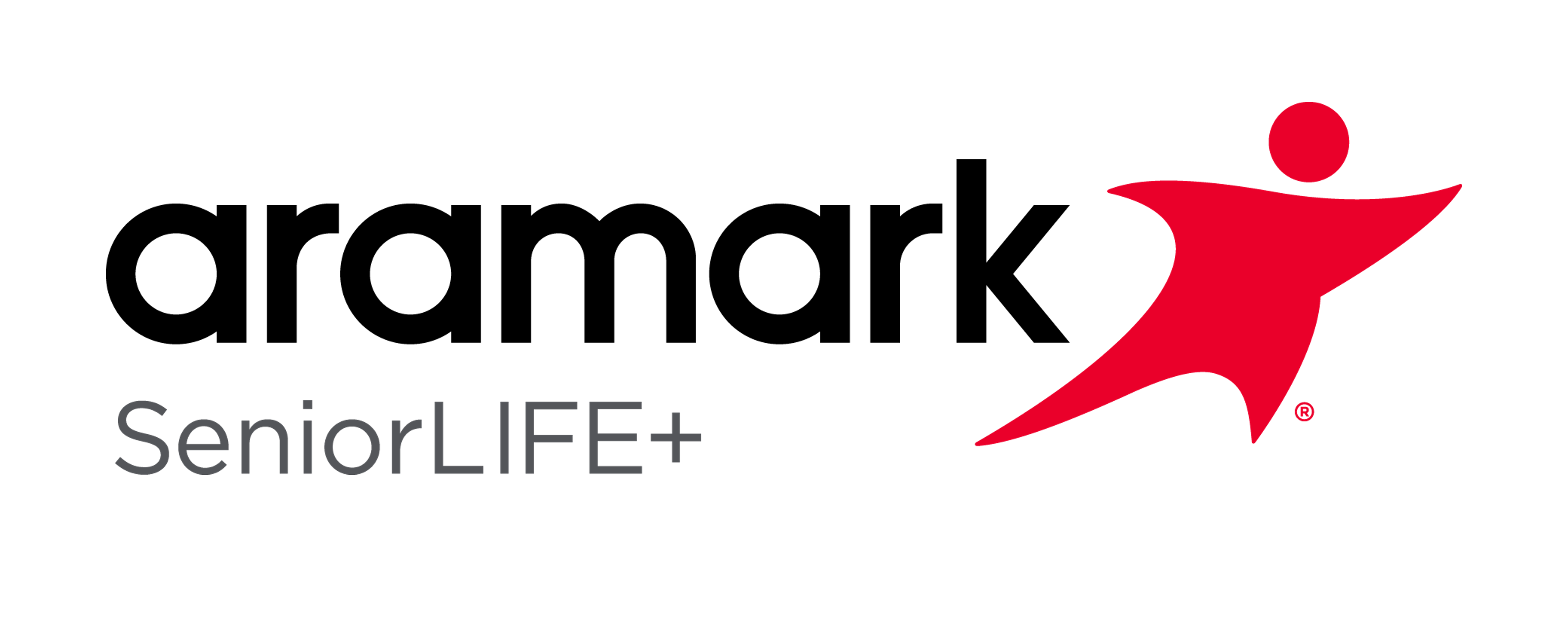- Home
- About
- Member Engagement
- Resources
- Consumers
- Advocacy
- Education
- Workforce
|
FY 2023 SNF PPS Final Rule Released; Reduces Payment Cuts CMS announced the release of the FY 2023 SNF PPS Final Rule late in the day July 29. You can view the final rule in the Federal Register and a Fact Sheet for the final rule from CMS. Fortunately, there were several changes based on comments submitted, that are very favorable for SNF providers. Here is an overview of the final rule: Payments: In the proposed rule (see LAI article on proposed rule), CMS proposed a $320 million payment reduction due to the PDPM parity adjustment. In the final rule, Medicare providers will receive a net increase of 2.7%, or approximately $904 million which reflects a 3.9% SNF market basket increase, plus a 1.5% market basket forecast error adjustment, and less a 0.3% productivity adjustment. CMS also acknowledged the toll that the pandemic has taken on SNF providers and is phasing in the 4.6% parity adjustment over a 2-year period, resulting in a 2.3% or approximately $780 million reduction to FY 2023 payment rates along with the same reduction in FY 2024. These forecasted payment updates do not include reductions for certain SNFs incorporated into the SNF VBP program. Permanent Cap on Wage Index Decreases: CMS finalized a permanent 5% cap on annual wage index decreases to smooth year-to-year changes in providers’ wage index payments. SNF Quality Reporting Program (QRP): CMS is finalizing the adoption of a new process measure – Influenza Vaccination Coverage Among Healthcare Personnel Measure which will begin with the FY 2024 SNF QRP. Providers will be expected to monitor and report HCW influenza vaccination status into NHSN, which CMS hopes will increase influenza vaccination coverage in SNFs, promote patient safety, and increase the transparency of quality of care. CMS is anticipating that this information will be collected from October 1, 2022, until March 1, 2023 (and annually thereafter) CMS also revised the compliance date for certain SNF QRP reporting requirements including the Transfer of Health Information measures and certain standardized patient assessment data elements (SPADES) to October 1, 2023. In addition, CMS postponed the adoption of the updated MDS that would be utilized to collect information such as race, ethnicity, preferred language, health literacy, and social isolation). CMS believes that it is important to align collection of data of this data with the IRF, LTCH, and HHAs. Requests for Information: CMS did not issue any response to comments on the RFIs that were included in the proposed rule including QRP Quality Measures under consideration for Future Years, Overarching Principles for Measuring Equity and Healthcare Quality Disparities Across CMS Quality Programs and Inclusion of the CoreQ: Short Stay Discharge Measure in a Future SNF QRP Program Year. However, stated they will continue to take all comments into consideration as they continue to work to address and develop policies on these important topics. SNF VBP Program: Measure suppression and scoring policies for the FY 2023 SNF VBP Program:
Addition of SNF VBP Measures in the Future:
CMS is also finalizing two proposals to the requirements of participation for LTC providers, which are outlined in separate articles in this Communique, including a solution to the FSES mandatory values for life safety code and changes to the qualifications for the Director of Food and Nutrition Services. |
